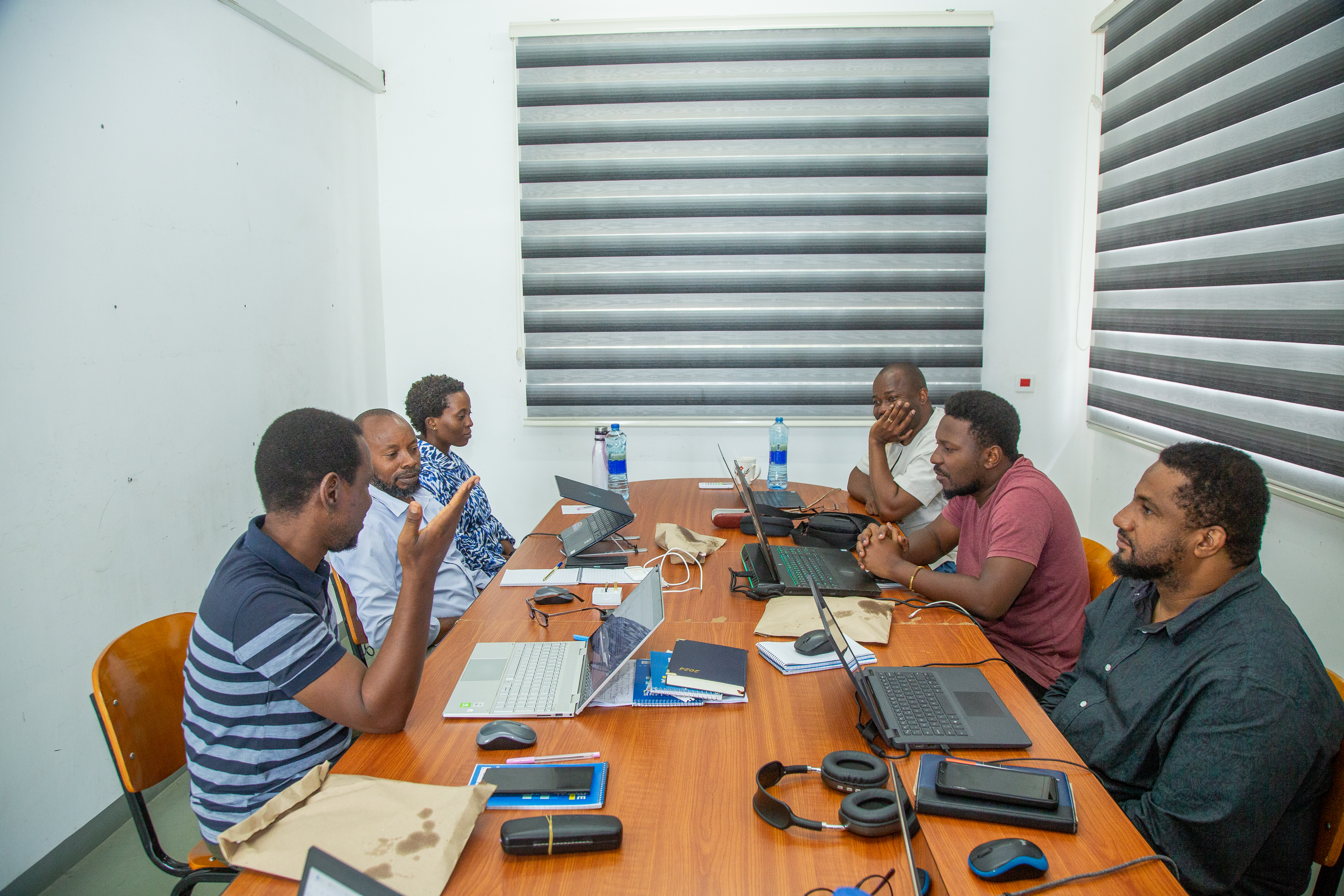
ETHICS: Ifakara board updates clearance, oversight procedures

From 18-22 March 2024, the Institutional Review Board (IRB) of the Ifakara Health Institute convened for a five-day session in Kingani, Bagamoyo, aimed at revising its Guidelines and Standard Operating Procedures (SOPs), which were developed over ten years ago, to align with the latest changes in the ethical clearance space.
The agenda also included updating related tools and conducting a pilot test of the new online IRB portal set to be launched soon for investigators and reviewers to connect and conduct their reviews in real time. This week’s event was the second round of the activity after the first held at the beginning of the month – from March 4-13, 2024 held at the Ifakara Health Institute Training Center facility in Bagamoyo, Tanzania.
The team which was involved in the review activity include IRB members, along with selected Ifakara staff – Bilal Aziz, Head of the Communications at Ifakara, and Irabi Kassim, the System Developer. Additionally, key stakeholders such as Dr. Namala Mkopi, Dr. Ahmed Abdallah, and Dr. Grace Mhalu from Muhimbili National Hospital, NIMR, and IHI respectively, took part.
The IRB Secretariat was represented by Dr. Mwifadhi Mrisho, serving as the Secretary to the IRB, Fakih Bakar, an IRB member and Deputy Secretary, Peter Temu, the IRB Finance Manager, and Baraka Kanungila, the IRB Administrative Officer.
The primary commitment of the IRB is to ensure the protection of the well-being and rights of individuals and communities engaged in health research. This entails meticulous review and oversight of research protocols, vetting qualified investigators, actively monitoring approved projects, and taking ethical action when necessary.
The overarching goal remains to uphold ethical standards, prioritize the interests of research participants, and foster positive contributions to both research endeavors and the communities they impact.
